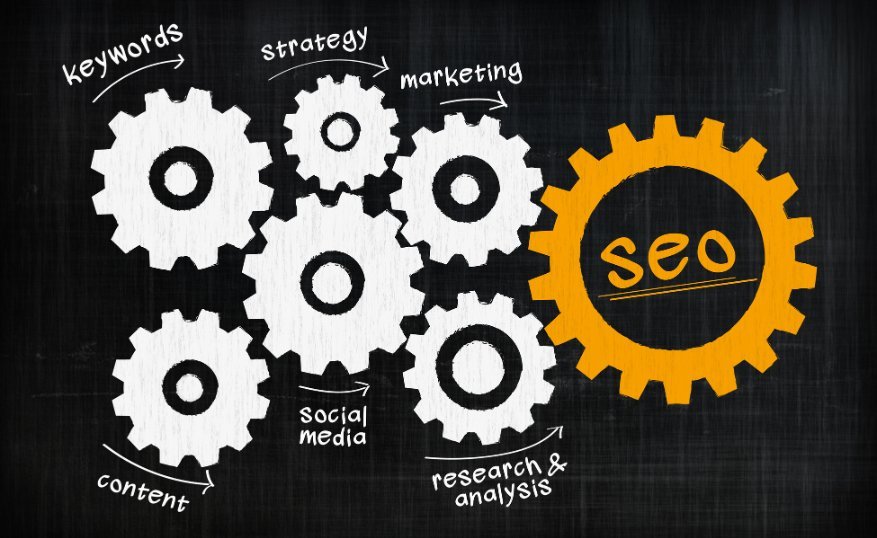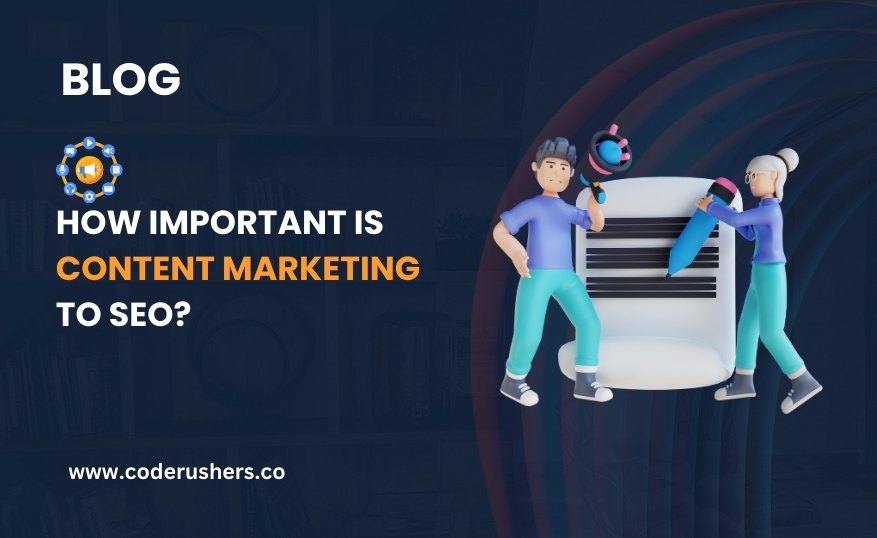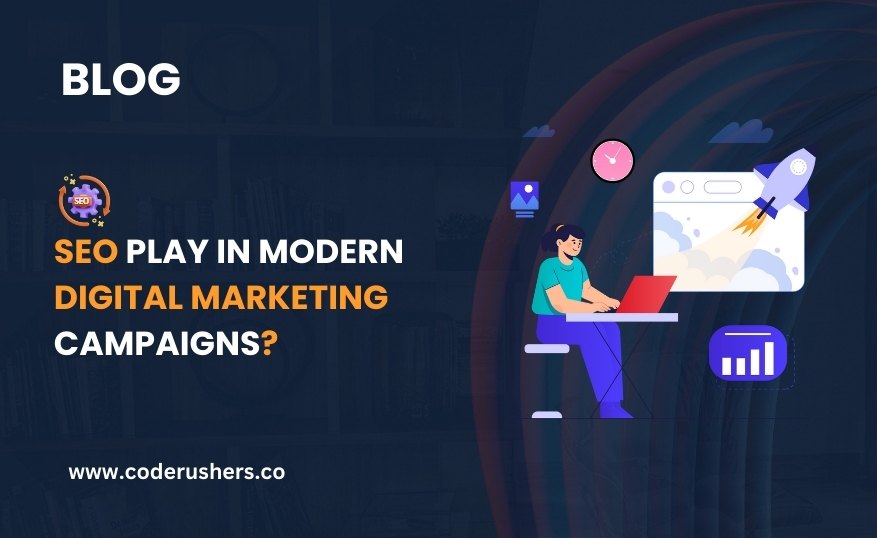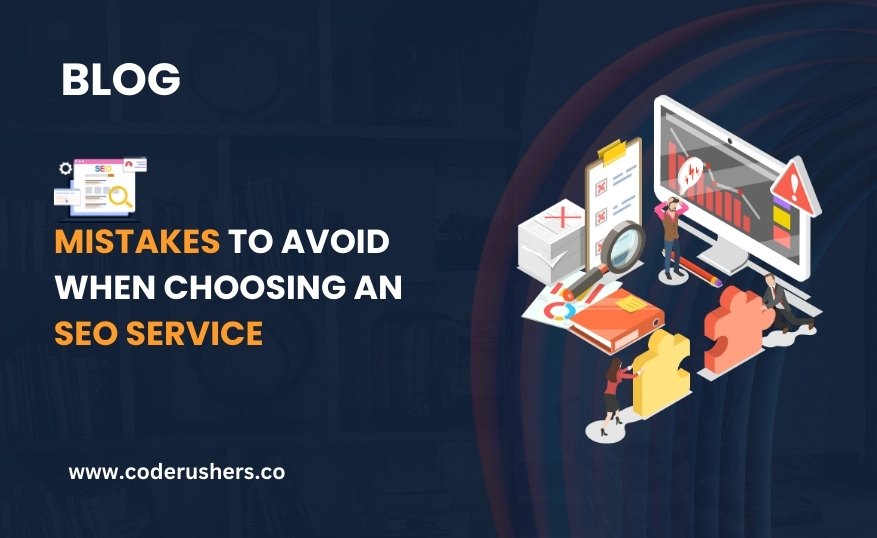Everyone wants their business or service to dominate the top spots on the SERP, but overlook the critical role of a robust SEO strategy. You need a well-crafted SEO approach to make your digital marketing efforts effective. In this guide, we’ll debunk common SEO myths every webmaster should know before diving into this deep pool.
However, SEO is the cornerstone of any marketing plan – without it, your efforts to showcase your business to the right audience will fall short. It’s not just an add-on; it’s an essential element that drives visibility, credibility, and success in reaching your target market. But it is also the one that is most misunderstood!
So, today we are going to debunk 10 popular SEO myths and talk about what you could do instead. Let’s dive in!
Unmasking SEO Myths Every Webmaster Must Know
1. More Keywords Equal Better Rankings

The second SEO myth every webmaster believes is that when a page is stuffed with keywords, its ranking will improve. Keywords are important, but they should not be overused, as they can actually hurt your site.
Google and other search engines today do not base their ranking on the number of times that keywords are used in the content but rather on the quality of the content and how relevant it is to the user. Keyword stuffing not only affects the readability of the content but also can lead to penalties that reduce the site’s ranking.
To ensure one does not fall for this trap, it is advised to write good content and try to insert keywords where possible. Keywords must add value to the content and are relevant to the user’s search query. This approach follows the principle of digital marketing strategy of quality over quantity, ensuring the content is relevant to the users.
2. SEO is a One-Time Effort
One of the most popular SEO myths is that SEO is a one-time activity. A common mistake among webmasters is when they optimize the site and sit back to watch the results come in. However, SEO is a complex process that must be administered regularly and updated constantly.
Related Resources:
- All Posts
- Artificial intelligence
- Content Marketing
- Digital Marketing
- Email Marketing
- Link Building
- pay-per-click
- Search Engine Optimization
Search engine algorithms constantly update, meaning that what was effective yesterday may not be effective today. It is crucial to maintain an SEO approach that is adaptable and relevant to these shifts. Periodically revisiting content, keywords, and new SEO trends will keep your efforts in harmony with search engines and users.
3. Only High-Quality Backlinks Matter

Indeed, it is necessary to get backlinks from quality and authoritative resources; however, it is an SEO myth every webmaster should be aware of, it is the only links that matter. This means that it is possible to have a positive SEO effect by getting backlinks from small but relevant niche sites.
Also, do not neglect internal linking and the way you connect your own website’s pages and posts with each other. A good internal linking structure makes it easy for search engines to crawl your site and help users navigate through the site more easily making user experience and search engine experience much better.
4. Content Quantity is More Important Than Quality
One of the major SEO myths every webmaster is a victim of is that more content is always better for your SEO. As they say, it is better to have a few good things than many bad ones. It implies that search engines reward quality, relevant, and interesting content over quantity.
By concentrating on the quality of the content produced and the needs of your target clientele, you will automatically enhance your rankings. This is in line with the objectives of any search engine optimization service whereby the main aim is to satisfy the user and offer relevant content.
5. Social Media Doesn’t Impact SEO

One of the biggest misconceptions is that social media does not affect SEO. Although social media may not be a direct ranking factor, it is essential in the overall SEO strategy. Social networks can bring traffic, increase the site’s popularity, and positively influence your SEO due to the increasing number of external links.
It also plays a role in helping in brand recognition and better engagement rates which are some factors that can work indirectly to your search rankings. Social media can have a positive effect on improving your SEO when it is integrated into your internet marketing services.
6. SEO is Just About Rankings
SEO is often associated with getting to the top of the SERP list. However, this is a rather narrow perspective of looking at the issue. It is about attracting the right audience, improving visitors’ experience, and turning them into customers. An effective SEO plan enhances site performance, makes it responsive, and aligns its content with the user’s search query.
Related Resources:
- All Posts
- Artificial intelligence
- Content Marketing
- Digital Marketing
- Email Marketing
- Link Building
- pay-per-click
- Search Engine Optimization
Through this understanding of SEO as being broader than just the race to the top you can be able to develop a strategy that aligns with your digital marketing goals on how digital marketing help in business growth through attracting and retaining the right audience.
7. Paid Ads Improve Organic Rankings
Another SEO myth every webmaster should therefore disapprove of is the notion that paid ads would have a direct impact on organic results. It is important to note that Google has made it clear that paid ads are not a factor when calculating organic search results.
When it comes to paid ads, even though they enhance visibility and provide traffic immediately they do not influence the organic search position. Nevertheless, they can add value to your SEO in a way that increases brand visibility and brings traffic that may convert to engaging with your organic content.
8. You Can Set and Forget Meta Tags

Meta tags such as the title and descriptions are considered to be set once and for all. Though, this is another myth in SEO that everyone running a website must debunk. Meta tags should be revised from time to time to suit any changes made in content and new search engine trends.
Proper meta tags can increase your click-through rates from the SERPs to a large extent. This is important as it helps to ensure that the tags are as relevant, engaging, and on-topic as they can be with your target keywords.
9. Local SEO Doesn’t Matter If You’re Not a Local Business
There is a belief that local SEO is relevant mainly for companies with a local presence and a shop. However, local SEO is useful for any business, especially when targeting specific locations or audiences. Targeting local keywords means even if your business is entirely digital, you stand a better chance of being seen in users’ geolocation searches.
For instance, Google My Business listing, putting URL with local keywords, and requesting other locals to write a review about your business will improve your website’s local SEO thus, making it part of your SEO strategy.
10. SEO Results Are Immediate

One of the most popular SEO myths is that everyone can get a quick result with SEO campaigns. The main difference between paid advertising and SEO is that SEO is more of a long-term strategy. It takes time for search engines to index your content, analyze the relevance of your site, and shift the rating if needed.
One of the major factors that can affect SEO is the consistency, patience, and constant optimization for better results. This is something that one needs to understand to avoid developing high expectations that cannot be met within the first few weeks or months into the process of its implementation.
Why Debunking SEO Myths is Important?
When it comes to SEO, nothing can be more confusing than knowing what strategies are effective and which are not. Familiarizing these SEO myths is crucial to avoid such mistakes and focus on those that make a difference. It is advisable to consult a professional search engine optimization service so that they update you on the latest changes.
Working with skilled professionals who specialize in internet marketing services guarantees that your strategy is optimized according to the current trends, which increases your chances of success. SEO is not only about achieving rankings but also achieving a well-coordinated and efficient online presence that aligns with your marketing goals.




